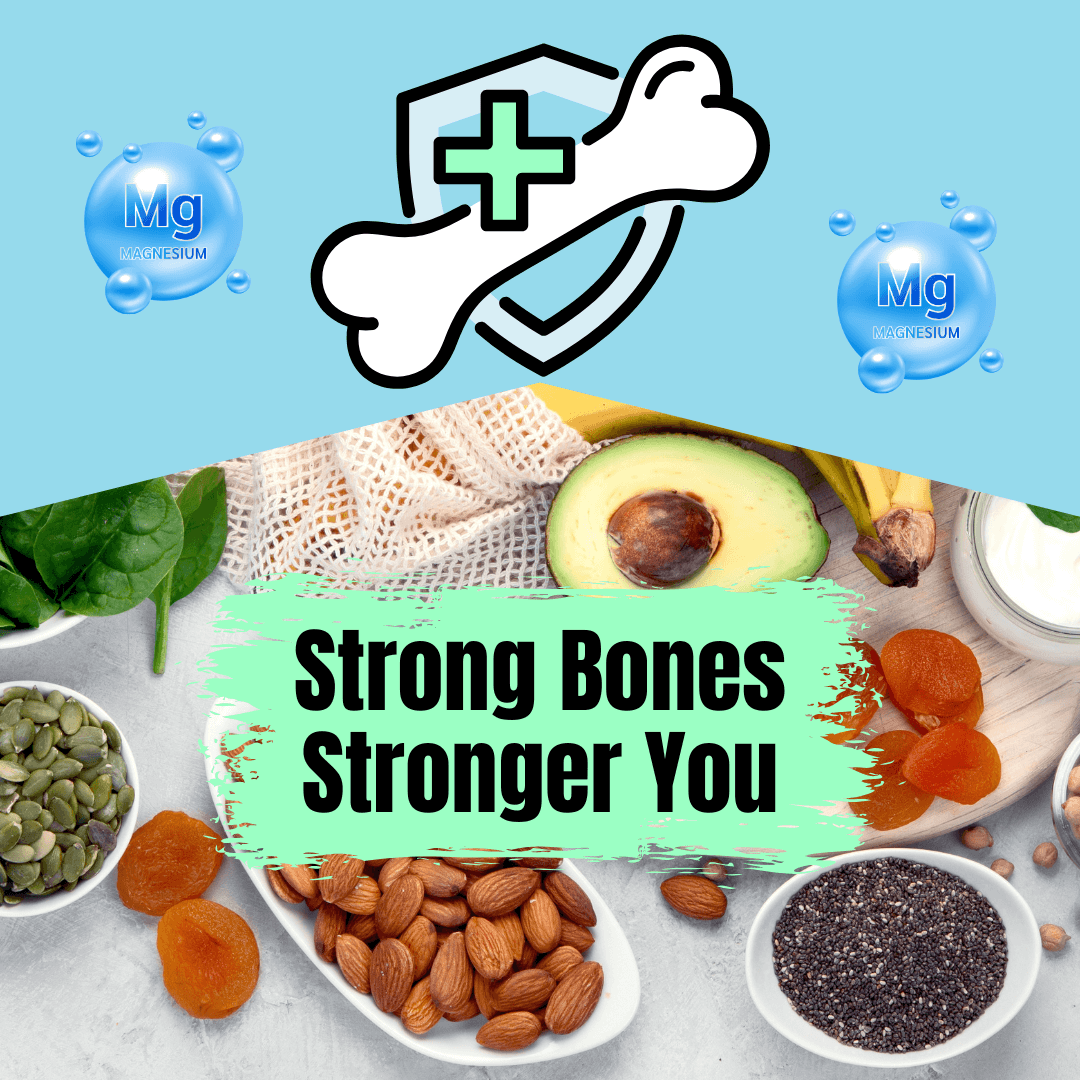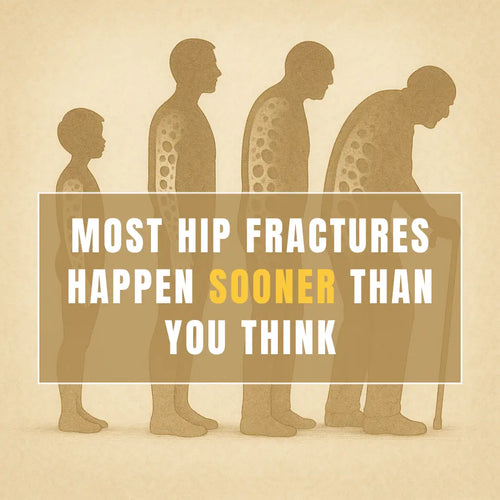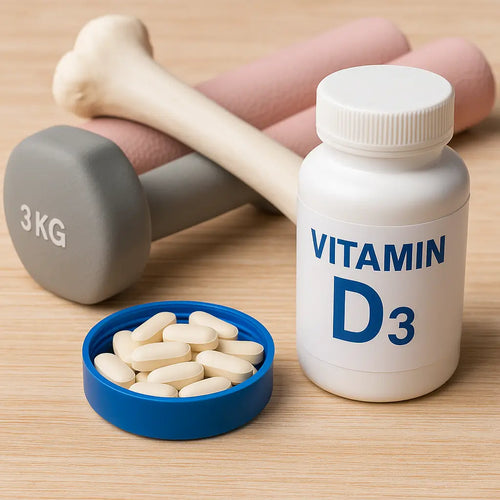
If you're worried about bone health, magnesium might just be the mineral you’re overlooking. Recent research published in The British Journal of Nutrition reveals that higher magnesium intake can significantly lower the risk of fractures—especially in women.
What the Study Found
The study (Veronese N et.al., 2017) tracked over 3,700 men and women in the United States for eight years, monitoring their magnesium intake and any fractures they experienced. Participants' magnesium levels were assessed through dietary and supplement evaluations and grouped into quintiles based on intake levels.
Here are the standout findings:
- Men in the highest magnesium intake group had a 53% lower risk of fractures compared to those in the lowest group.
- Women saw an even greater benefit, with a 62% lower risk.
Why Is Magnesium Important for Your Bones?
Magnesium plays a critical role in bone health. It helps maintain bone density and supports the effective functioning of vitamin D and calcium—both essential for strong bones. Without adequate magnesium, bones can weaken, increasing the risk of osteoporosis and fractures.
How to Get More Magnesium in Your Diet
The good news? Magnesium is easy to incorporate into your diet. Here are some magnesium-rich foods to consider:
- Spinach
- Almonds
- Pumpkin seeds
- Black beans
- Avocado
If you’re finding it hard to meet your daily magnesium needs through food alone, magnesium supplement is an effective alternative.
Who Benefits the Most?
While magnesium is beneficial for everyone, this study highlights its particular importance for women, especially those at risk for osteoporosis or knee osteoarthritis. By meeting the recommended magnesium intake, women could significantly lower their risk of future fractures.
Supplement Spotlight: Magnesium Glycinate
For those who want to ensure they’re getting enough magnesium in their diet, Magnesium Glycinate is a great option. It’s a highly absorbable form of magnesium that’s gentle on the stomach, making it ideal for daily use. Adding this supplement to your routine can be a simple yet powerful step toward maintaining strong and healthy bones.
The Takeaway
Magnesium isn’t just another nutrient on the label—it could be the key to protecting your bones as you age. Whether through diet or supplements, increasing your magnesium intake is a simple yet effective way to reduce your risk of fractures and maintain bone strength.
Reference
Veronese N, Stubbs B, Solmi M, Noale M, Vaona A, Demurtas J, Maggi S. Dietary magnesium intake and fracture risk: data from a large prospective study. Br J Nutr. 2017 Jun;117(11):1570-1576.










